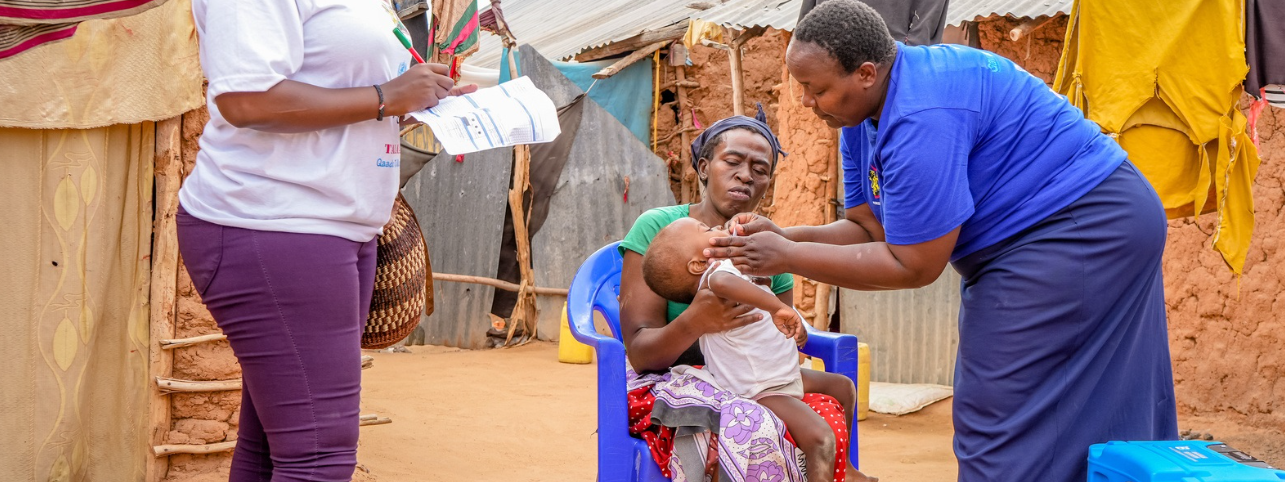The World Health Organization’s 2025 World Health Statistics Report reveals a significant backslide in global health progress, largely driven by the far-reaching impacts of the COVID-19 pandemic. Global life expectancy dropped by 1.8 years between 2019 and 2021, the steepest decline in recent history, reversing a decade of improvement.
Key findings include:
- Healthy life expectancy fell by six weeks, largely due to increased levels of depression and anxiety during the pandemic.
- Maternal and child mortality rates, which had seen dramatic improvement from 2000 to 2023, are now plateauing and falling short of global targets.
- Without urgent action, an additional 700,000 maternal deaths and 8 million child deaths under age five could occur by 2030.
Progress on WHO’s Triple Billion goals—healthier populations, universal health coverage, and protection from health emergencies—has been mixed. While 1.4 billion more people are living healthier lives, only 431 million gained essential health services and 637 million gained better protection from emergencies.
Premature deaths from noncommunicable diseases (NCDs) such as heart disease and cancer are rising, now making up the majority of deaths under age 70. Although global tobacco and alcohol consumption have decreased, air pollution and mental health continue to pose significant health challenges.
WHO projects a shortage of 11.1 million health workers by 2030, especially in Africa and the Eastern Mediterranean. Recovery in essential health services remains uneven, with childhood vaccination rates still below pre-pandemic levels and malaria and antimicrobial resistance resurging.
WHO leaders stress the need for stronger health systems and better data to guide policy and investments. They urge governments to act swiftly, invest wisely, and close gaps in primary care, mental health, and disease prevention.
“This report shows the world is failing its health checkup,” said WHO’s Dr. Samira Asma. “But rapid, measurable progress is possible with the right commitment and coordination.”


No responses yet